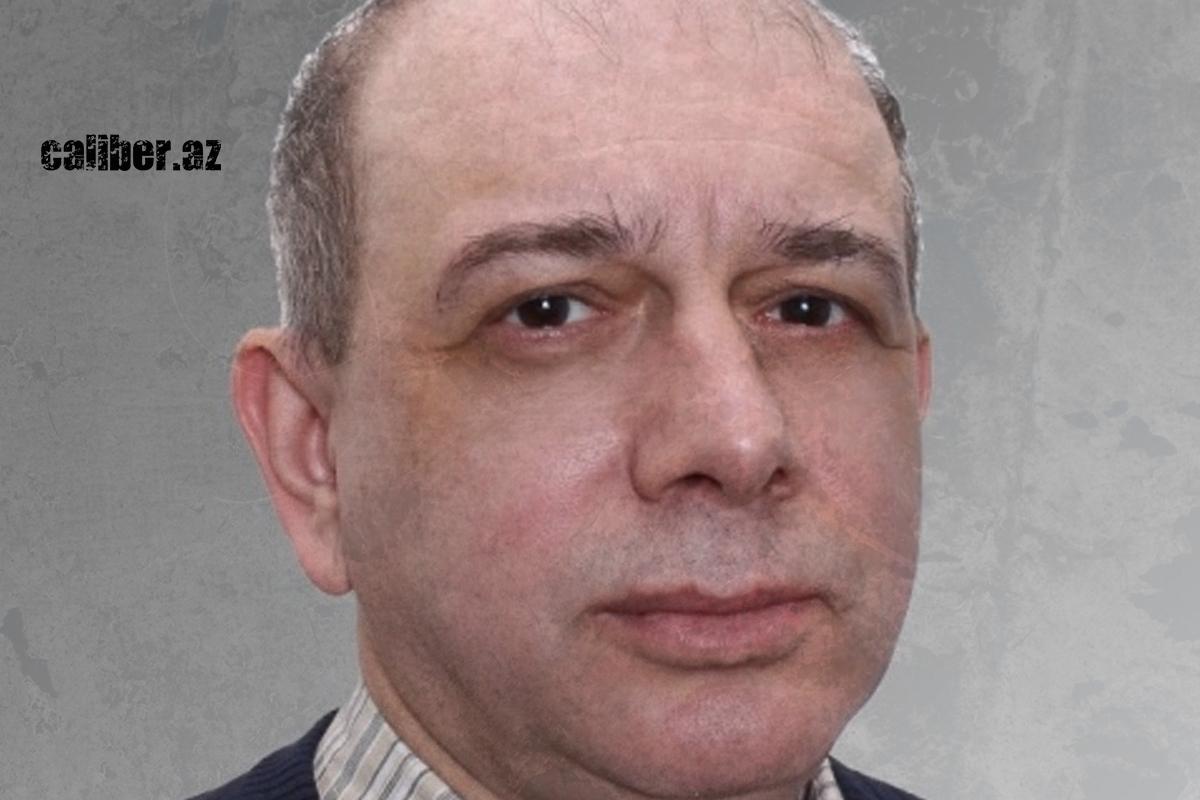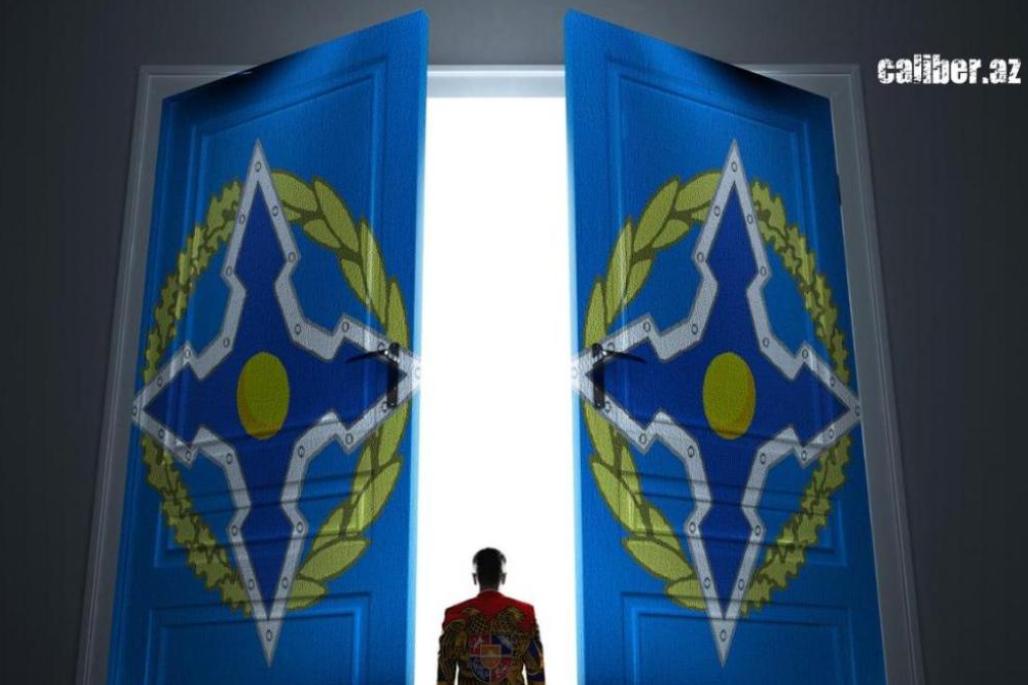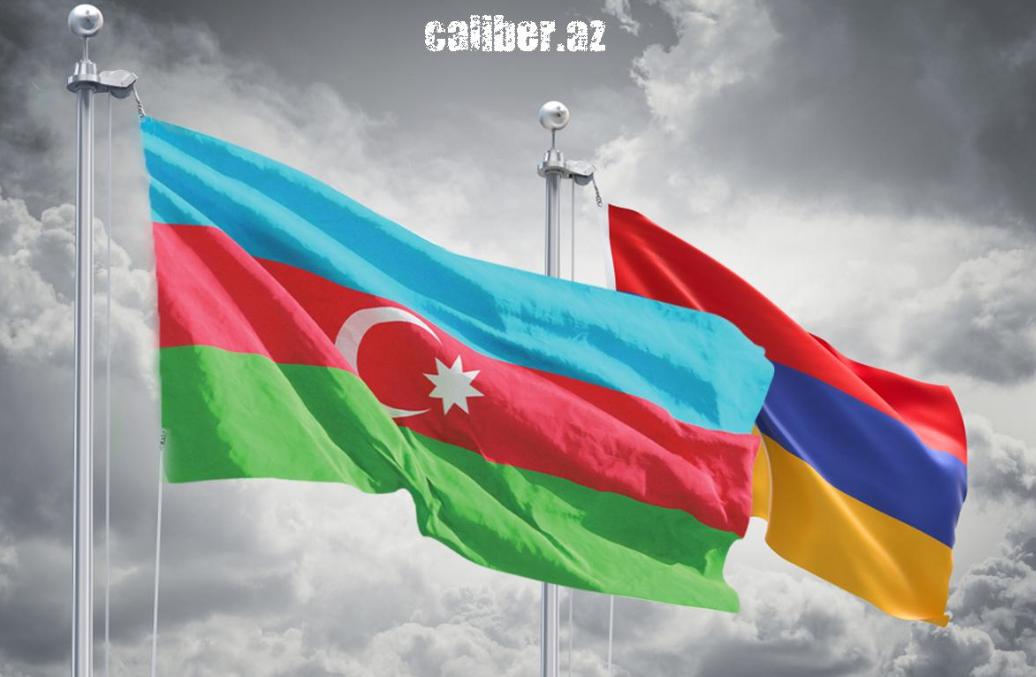Baku-Yerevan peace impossible without changing Armenian constitution Russian expert analyses
Caliber.Az presents an interview with Dmitry Malyshev, candidate of historical sciences, leading researcher at the Centre for Post-Soviet Studies of the Institute of World Economy and International Relations named after E.M. Primakov of the Russian Academy of Sciences, associate professor at the Faculty of World Politics of Lomonosov Moscow State University.

- Dmitri Valeryevich, let's start with conspiracy theories. Last week, the Tabakerka telegram channel, which is close to the Kremlin elite, reported that Moscow was allegedly preparing a special group to remove Nikol Pashinyan from power. Do you think Russia can organise a coup d'état in Armenia?
In Russia, there's a significantly different perspective on this matter. The Tabakerka Telegram channel emerged in April 2022, shortly after the onset of the special military operation in Ukraine. While it claims proximity to Russian authorities, Russian media sources indicate it spreads misinformation attributed to the Centre for Information and Psychological Operations of Ukraine (CIPSO), aimed at discrediting Russia and its leadership. Russian criticism of Armenian leadership, especially Prime Minister Pashinyan, has focused on political concerns, including his ties to the anti-Russian Soros Foundation, as highlighted by Russian Foreign Minister Lavrov.
Russia has not orchestrated, nor is it planning any coups in Armenia; these are not our methods. Western propaganda follows a familiar and often-used strategy in various countries worldwide. This latest falsehood is being circulated by untrustworthy outlets like "Kremlin Snuffbox," which should not be believed. The decision on whether Pashinyan and his administration should remain in power, particularly after the defeat in Karabakh, is solely up to the Armenian people.
- Do you think Armenia will leave the CSTO by the end of this year?
- I will remind you that Armenia is one of the founders of the CSTO, and Russia has always provided the main military and political support to this country since the 1990s. After signing a joint statement with the United States in June of this year, where the parties agreed to increase the level of partnership, Armenia's leaders started talking about leaving the CSTO, and Pashinyan, acting at the behest of his Western curators and sponsors, even said that the CSTO is a "bubble alliance".

On the other hand, what else could be expected from a politician associated with the Soros Foundation and patronised by the Americans, in particular, the ardent Russophobe Jake Sullivan, the US President's National Security Assistant. Therefore, it can be assumed that under certain political conditions, Armenia's withdrawal from this structure is possible, although this would clearly not be in the interests of the country and the Armenian people, for whom the CSTO has been and is a certain security guarantor.
- After several months of calm, Armenia has again started shelling the positions of the Azerbaijani Armed Forces. In this connection, do you forecast new hostilities on the notional Armenian-Azerbaijani border?
- Apparently, this refers to the recent shelling of Azerbaijani army positions in Nakhchivan from the Armenian side. Of course, such clashes in the current difficult situation are likely to take place in the future.
- As you know, Nikol Pashinyan has refused to revise the Armenian Constitution, which retains territorial claims to Azerbaijan. Is it worth talking in this connection about the likelihood of concluding a peace agreement before the end of this year?
- Pashinyan repeatedly announced the need to amend the Armenian Constitution as early as January 2024. But no specifics were voiced at that time. They only spoke about preserving the structure of a parliamentary republic and that the Armenian people should vote in favour of this "new" constitution. And, to all appearances, this issue is not on the agenda of the Armenian leadership. It is possible that there are some drafts of a new constitution, but apart from not quite concrete statements, the matter does not go any further. And Pashinyan, as it seems to me, is not yet ready to officially renounce Karabakh. Therefore, despite the fact that Pashinyan has repeatedly declared his readiness to conclude a peace treaty with Azerbaijan, in the current state of affairs the conclusion of such a document is hardly possible in the near future.

- The presidential elections in Iran will be held this week. Can Tehran's policy towards the countries of the South Caucasus region, in particular Azerbaijan, change after that?
- Iran has always pursued and is pursuing a rather pragmatic policy in the South Caucasus. Recently, its special interest has been focused on the implementation of the North-South transport corridor project. A dozen and a half countries are already involved in the project, and Iran is interested in Azerbaijan, through which an important part of this transport route from St Petersburg in Russia to Mumbai in India passes. I think that such tendencies in Iran's policy will continue even if the political leadership of the country changes. It is possible that relations between Iran and Armenia will change if the current Armenian leadership remains in place, which has adopted a course of integration into the structures of the collective West, which clearly does not meet the preferences of Tehran, against which the West is constantly imposing new sanctions.
- How do you see the future of the South Caucasus in the medium term?
- One should always hope for the best. I would like to believe that the long-standing conflicts in Abkhazia, South Ossetia and Karabakh, which date back to the late Soviet era, will not be thawed in the South Caucasus, and that the countries of the South Caucasus will build their relations on the basis of mutual trust and understanding. But, unfortunately, we can only hope for this.








